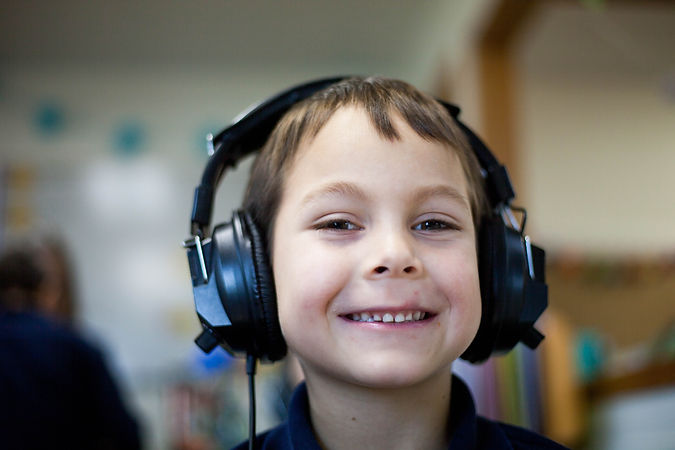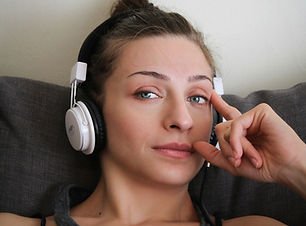
Auditory Programmes
What is Auditory Training?
We use music to assist in the reorganization of the brain’s processing abilities. Given appropriate stimulation, the neural networks in the brain can rewire to create more efficient transmission of information. Both our NBC remote auditory programme and the in house provide intensity and repetition - key factors for neuroplasticity to occur.
"Everything happens as if human behaviour were largely conditioned by the manner in which one hears" Dr Guy Bérard
Which areas do our programmes help?
Poor Concentration
ADHD/ADD
Hypersensitive hearing
Sensory Processing Disorder (SPD)
Easily distracted
Dyslexia
Poor working memory
Emotional difficulties
Auditory Processing Disorder
Speech & language difficulties

NeuroBalance Remote Auditory Programme
10 Days
Our at home 10 day auditory programme is a simpler programme developed by the NBC with no filters for those who don't require filters or who can't complete an audiogram or whose audiogram is unreliable. Also involves 30 minutes of listening to modulated music twice a day for 10 days with at least 3 hours of time between the sessions.

Please listen to Tom's testimonial after Auditory Integration Training
"I am staggered at the immediate improvement in my daughter’s concentration and focus - thank you."
.jpg)
Hypersensitive Hearing
Many children have hypersensitive hearing, which leads to them being easily distracted by noises-making it hard to concentrate properly and more emotionally reactive.
.jpg)
Distortions
Distortions are where not all parts of language are being heard at the same volume, making it difficult to decipher what is being heard.

Dyslaterality
There are different frequencies within words. If there is dyslaterality it can lead to a 'time lag' effect of certain phonemes entering the language processing part of the brain, distorting the order of words (eg. hearing 'act' instead of 'cat'), and leading to dyslexic type symptoms.
Please Note: These are not medical interventions and we are not medically trained.
Our experience shows that our clients have experienced improvements in social, emotional, behavioural or academic performance following our sensory therapies. However we do not claim to diagnose, treat, cure or prevent any disease, medical condition or any other physical or mental disorder and always recommend that clients consult their medical practitioners as appropriate and do their own research before commencing any of our therapies.




